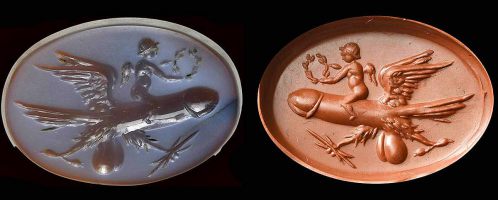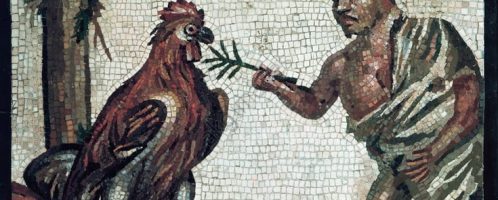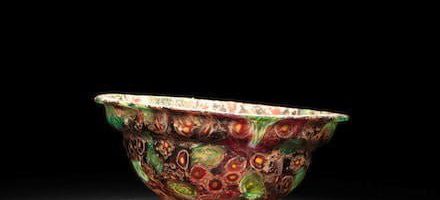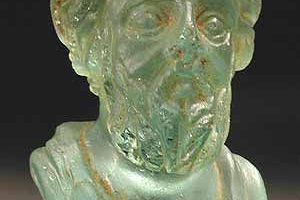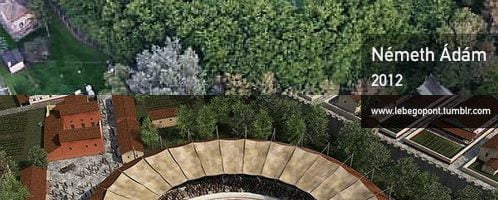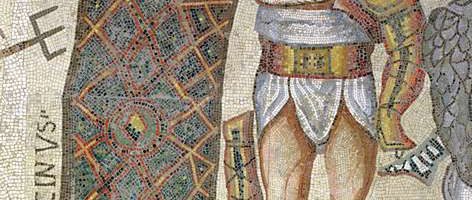If you have found a spelling error, please, notify us by selecting that text and pressing Ctrl+Enter.
Curiosities of ancient Rome
The world of ancient Romans abounded in a number of amazing curiosities and information. The source of knowledge about the life of the Romans are mainly works left to us by ancient writers or discoveries. The Romans left behind a lot of strange information and facts that are sometimes hard to believe.
Lucius Papirius Cursor, his nickname and training
Lucius Papirius Cursor (c. 365 – after 310 BCE) was one of the most valued and respected Romans in history. He held the office of consul five times and was a dictator twice. It was thanks to him that the Romans won the so-called Second Samnite War (326-304 BCE) and took revenge for the shameful defeat of the Caudine Forks in 321 BCE. Lucius Papirius Cursor received his nickname Cursor (“Runner”) because of his outstanding speed and efficiency in running.
Beautifully decorated Roman wine cup with cameo
Beautifully decorated Roman wine cup with cameo. The walls of the glass vessel show either two different chariot drivers, or the same charioteer in two different shots during the race. Object dated to the 1st century CE.
Roman colored cup
Roman colored drinking cup. Object dated at the end of 1st BCE and the beginning of the 1st century CE.
Porta Principalis Dextra in Eboracum
Roman gate porta Principalis Dextra in Eboracum (present York, England), located to the right of the headquarters (praetorium). In Roman times, there was a Roman camp in the present-day area of the city. Nowadays there is also a pub called “Lamb and lion inn”.
Roman glass bust of Emperor Septimius Severus
Roman small glass bust Emperor Septimius Severus. The object was found in Jerusalem and dates back to the beginning of the 3rd century CE.
Reconstruction of Roman amphitheater in Aquincum
Reconstruction of the Roman amphitheater in Aquincum (present Budapest, Hungary). It is one of two such objects in the current Hungarian capital. The presented amphitheater was smaller (it could hold up to 7,000 spectators) and was built in the 3rd century CE.
Roman altar dedicated to Eumoplus
Roman altar dedicated to Eumoplus, slave of Nero. According to the inscription, Eumoplus was responsible for the equipment of Domus Aurea (the so-called suppellectile domus aureae).

